Humans
Sign up for our newsletter
We summarize the week's scientific breakthroughs every Thursday.
-
 Psychology
PsychologyLong-lasting mental health isn’t normal
Those who stay mentally healthy from childhood to middle age are exceptions to the rule.
By Bruce Bower -
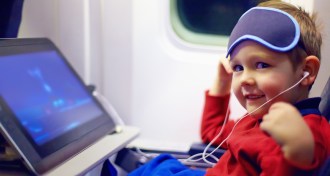 Health & Medicine
Health & MedicineLittle jet-setters get jet lag too
Help young children fight jet lag with a few simple steps.
-
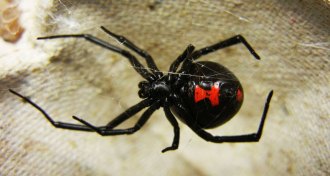 Animals
Animals‘Cannibalism’ chronicles grisly science of eating your own
In "Cannibalism", a zoologist explores a grisly topic that scientists have only recently begun to study seriously.
By Sid Perkins -
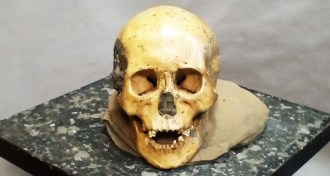 Anthropology
AnthropologyDNA points to millennia of stability in East Asian hunter-fisher population
Ancient hunter-gatherers in East Asia are remarkably similar, genetically, to modern people living in the area. Unlike what happened in Western Europe, this region might not have seen waves of farmers take over.
By Meghan Rosen -
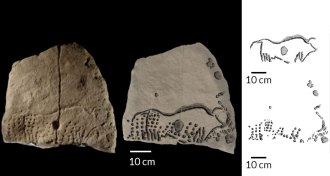 Archaeology
ArchaeologyCow carved in stone paints picture of Europe’s early human culture
Stone Age engraving helps to illuminate European travels of an ancient human culture.
By Bruce Bower -
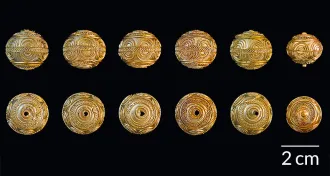 Archaeology
ArchaeologyIron Age secrets exhumed from riches-filled crypt
Wealthy woman’s 2,600-year-old grave highlights Central Europe’s early Iron Age links to Mediterranean societies.
By Bruce Bower -
 Health & Medicine
Health & MedicineE-cigarette smoking linked to heart disease risk
Two indicators of heart disease risk were elevated for users of e-cigarettes in small-scale study.
-
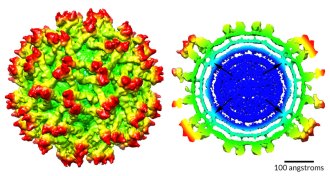 Life
LifeMap of Zika virus reveals how it shifts as it matures
A cryo-electron microscopy map of immature Zika virus offers a never-before-seen glimpse of remodeling of the virus’s protein and RNA core.
By Meghan Rosen -
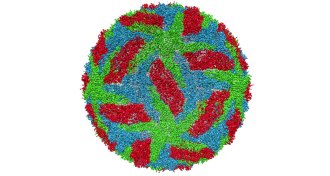 Health & Medicine
Health & MedicineRogue antibody linked to severe second dengue infections
Alternate antibody may indicate whether someone is susceptible to severe dengue disease.
-
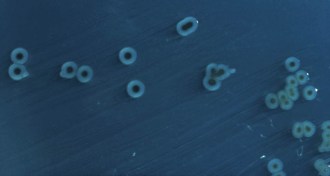 Life
LifeWhy salmonella doesn’t want you to poop out
Salmonella bacteria fight infection-driven losses in appetite to keep hosts just healthy enough for transmission.
-
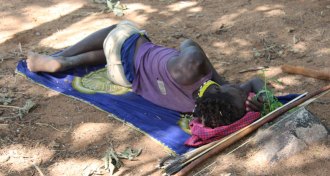 Anthropology
AnthropologySnooze patterns vary across cultures, opening eyes to evolution of sleep
Sleep plays out differently across cultures, but a consistent cycle of z’s and activity appears crucial.
By Bruce Bower -
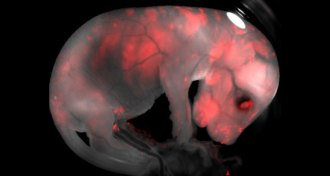 Life
LifeMouse cells grown in rats cure diabetes in mice
Mixing cells of two species produces pig and cattle embryos with some human cells.